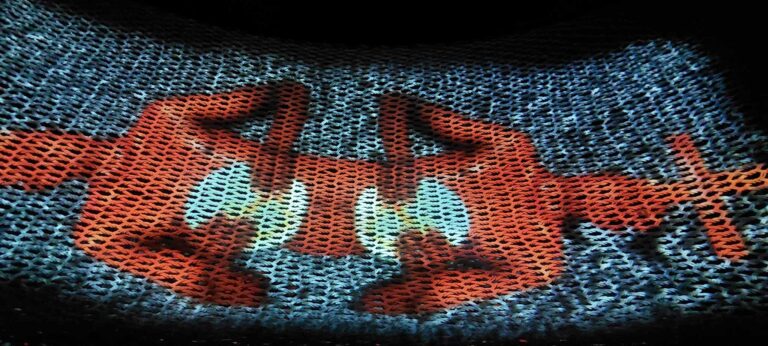Big screen, little screen review

Hi readers, welcome to Jamaica Monitor’s first episode in what we pray will be a regular feature in the entertainment read of this space. It is also my intention to spell out my views in this review column. It is not being used to influence you to go watch the flick but to examine the industry while titivating your mind’s eyes. This first piece will be set in two portions – looking at the history of the movie industry, as well as seeking to speak to selected features past and currently showing in the theatre in Jamaica.
The History
In our attempt to give an entertaining and real account of the idea behind the silver screen’s presentations, while titivating your appetite to go see, let us begin at the genesis of the filmmaking industry. The authority and money of this “novel idea” are dominated by several corporations that include Time Warner, Disney, Viacom, and currently some new corporations. These conglomerates view filmmaking as a grafted money-making trade, labelled Hollywood (just so you know the name Hollywood is derived from the English oak tree labelled the magic wand of Merlin the magician, Hollywood magic). It is intended to be very flashy with lots of special effects. Hollywood magic is designed to sell movies. Much like that you would have seen in the Harry Potter series, as well as in the Disney Mickey Mouse waving his English oak stick, the magic wand/ Hollywood.
The little screen
The 1950s shepherded in the single largely successful tool for mass brainwashing: the TV. Tell a vision. It is with this in mind that our review takes us to the period of the seventies to a TV sitcom Good Times.
Good Times is an American television sitcom that aired for six seasons on Columbia Broadcasting System (CBS) between 1974 and 1979. It was conceptualized by Eric Monte and Mike Evans and developed by executive producer Norman Lear. Good Times represented a nuclear Black family in the United States of America. It was the first of its kind. Some of the best films ever made have several great components that come together to make them so memorable. The scripting, casting, writing and directing all converge to create the experience we see on screen. Good Times is one such production. Florida and James Evans and their three children live at 921 North Gilbert Avenue, Apartment 17C in a public housing project in a black neighbourhood in inner-city Chicago. Florida and James have three children: James Jr. (also known as “J.J.”); Thelma; and Michael, whose passionate activism causes his father to call him “the militant midget.” When the series began, J.J. is 17, Thelma 16 and Michael 11. Their high-spirited neighbour and Florida’s best friend is Willona Woods, a divorcée who works at a boutique. In the series, Nathan Bookman played the role of superintendent of the building where the Evanses lived. He was affectionately called “Buffalo Butt” or “Booger” much to his dislike.
The birth
At the beginning of Good Times actor, John Amos enjoyed being the Evans family patriarch, brought to life on the little screen. However, he refused to play negative Black stereotypes for the amusement of white audiences and was fired. One of America’s favourite TV fathers (long before the Cosbys) was officially dropped from the sitcom without warning to the viewers. The audience was shocked by his sudden death. The circumstances behind the scenes that led to his dismissal were bizarre. White writers of the black sitcom kept a constant focus on J.J.’s clichéd portrayal of a young Black man in America, but Amos took a stance, he wanted the greater emphasis to be placed on the true nature of the Black family. So, when he refused to play along with the writer’s script turning Black family’s issues into a joke he went ballistic. The show producers were not happy with Amos’ defiance. Amos was sacked from the cast. In a rush, Amos got the last laugh though walking away from a project that only invested in an embarrassing caricature of Black people. Amos refused to allow the writers to portray Black families as one-dimensional clowns despite it costing him his job.
For Hollywood, the art that matters is the art of the deal. Major films turn huge profits, not from the movies themselves, but through myriad other enterprises, such as video games, fast food ties, soundtracks and even theme park rides the studios may compete with one another for stars, publicity, box office receipts, and Oscars as well as their corporate partners. They, however, make fortunes from less glamorous markets such as cable, home videos, and pay-per-view.
Movies now showing in the Jamaican cinema
- No Time to Die–Another Ian Fleming, James Bond saga
- Venom– Eddie Brock attempts to recount the life of Cletus Kasady, a serial killer.
- Shang Chi –Shang Chi is a Kung Fu movie depicting him facing his past ordeals.
This series will continue to review the development of the movie industry in future columns.
David R. Muhammad is a former morning host on Visions Television and a former member of the Palace Amusement Media Movie Review Committee. He is currently the Student Protocol Officer of the Nation of Islam’ study group – Jamaica.






